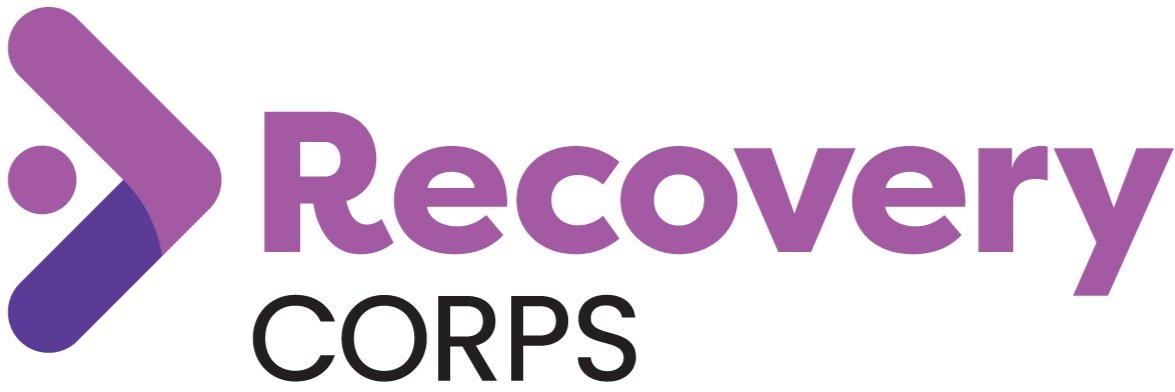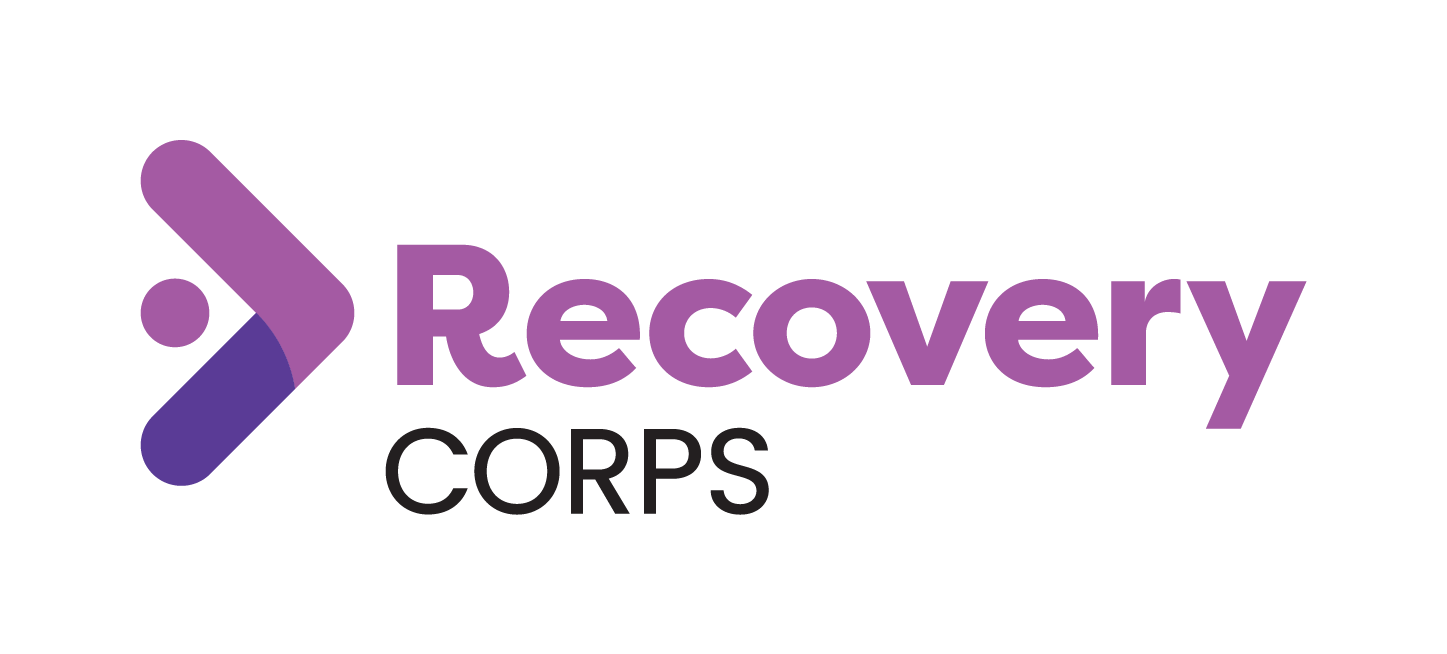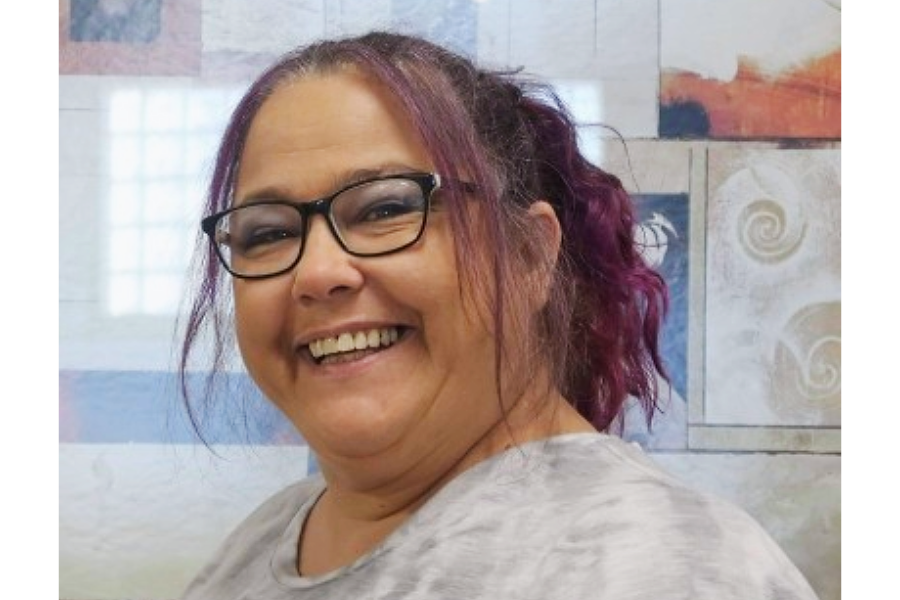Turning A Passion for Recovery into a Fulfilling Career
Recovery is a lifelong journey, and Recovery Corps alum Alida knows firsthand that a supportive, caring community can make all the difference for people in need. With 13 years of sobriety under her belt and more than a decade of service to her peers in recovery, she has become an important part of her community in Madison County, Illinois. Alida has always supported others in recovery, but a few years ago, she decided to turn that passion into her career, and Recovery Corps turned out to be a perfect steppingstone to get her there.
“I did a whole life change in my 50s,” says Alida. “I said, ‘Let’s go back to school. Let’s get over all those feelings of self-doubt.’ So, I took a leap of faith and did that!”
She began the process of getting certified as a peer recovery support specialist, or CPRS for short. A CPRS must have lived experience in recovery, which they use to support others in recovery through one-on-one meetings, advice, connecting them to resources. While on the path to her certification, Alida learned about Recovery Corps, applied, and got accepted. For her service, she was placed at Amare, a recovery community organization just down the road in Wood River, Illinois.
“Amare offers recovery support services to individuals that are looking to either get into recovery, sustain their recovery, or further their recovery in whatever ways that means to them,” she explains. “We’re the actual boots on the ground.”
Alida previously had some experience supporting others at Amare and had even gotten to know some Recovery Corps members who had served there in previous years. Service suited her perfectly and she thrived in the program. During her service, Alida deepened her industry knowledge and learned even more ways to support the recovery community. She credits much of her success in Recovery Corps to Amare’s director, who ensured her service would widen her professional experiences.
“He made sure that I got experience with stakeholders, learning collaboration and outreach. Things like how important it is to go to local jails and meet with your sheriff's departments and your mayors,” she remembers.
In addition to establishing critical relationships, Recovery Corps helped Alida further develop her one-on-one skills supporting community members. She was already great at finding common ground with peers, but it was during her service that she developed the ability to understand exactly what types of care and support different people need in order to succeed in recovery.
“I was really learning how to meet people where they're at – seeing what recovery looks like for them and just letting them be them,” she says.
Recovery Corps turned out to be the perfect bridge between her time working toward her CPRS certification and the fulfilling career she has now. At the end of her service year, Amare’s director brought Alida on full-time as a recovery manager, a job she still happily holds to this day.
Working in the recovery community is often emotionally intense, and burnout can happen to those who dive in too deep too quickly. It’s for this exact reason Alida has become a big proponent of Recovery Corps as a great entry point into the field.
“I think it gives you the tools and the experience needed to know if this is really what you want to do,” she says. Alida has too often seen people feeling like they need to push themselves past what they’re capable of because they don’t want to disappoint the community. “Recovery Corps gives you the experience to know if this is what you really want to do. Once you’re done [your service,] it's okay: You're not letting anyone down if you stop.”
For Alida, Recovery Corps gave her a boost into the career she wanted and has helped her become the best recovery manager she can be. If you’re curious about serving others and kick-starting your professional goals, visit recoverycorps.us to learn more and see openings in your community. In Alida’s own words:
“Give it a try! I absolutely recommend it. Absolutely.”



